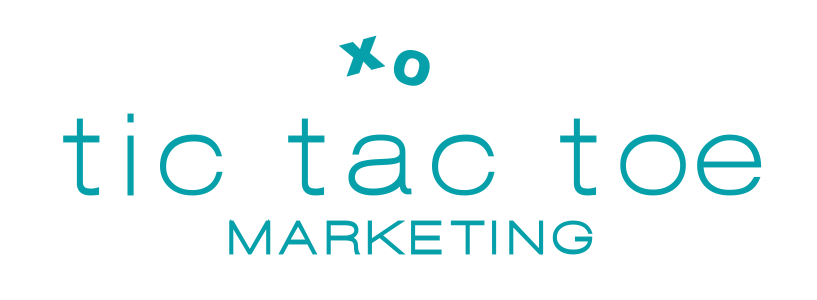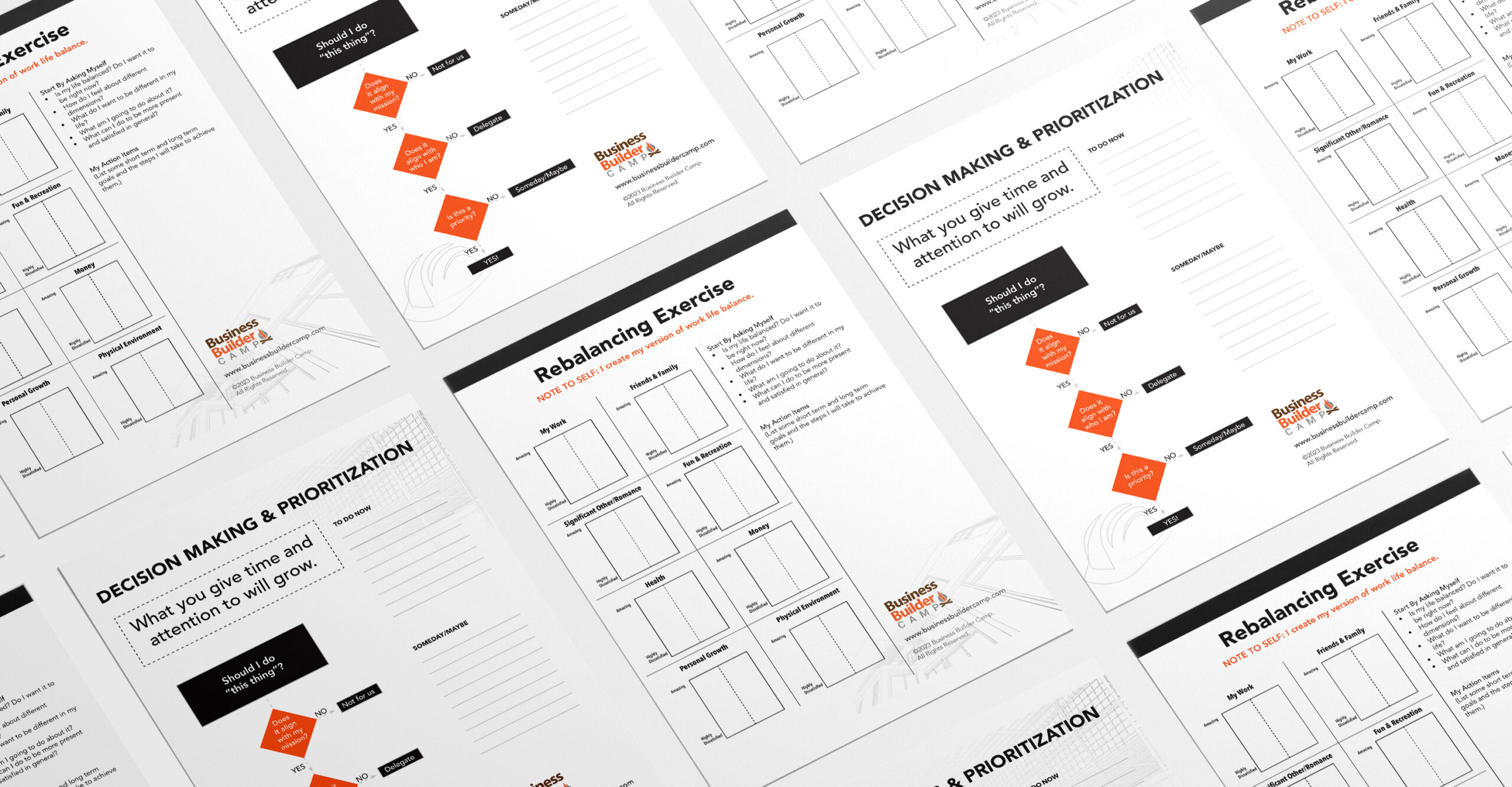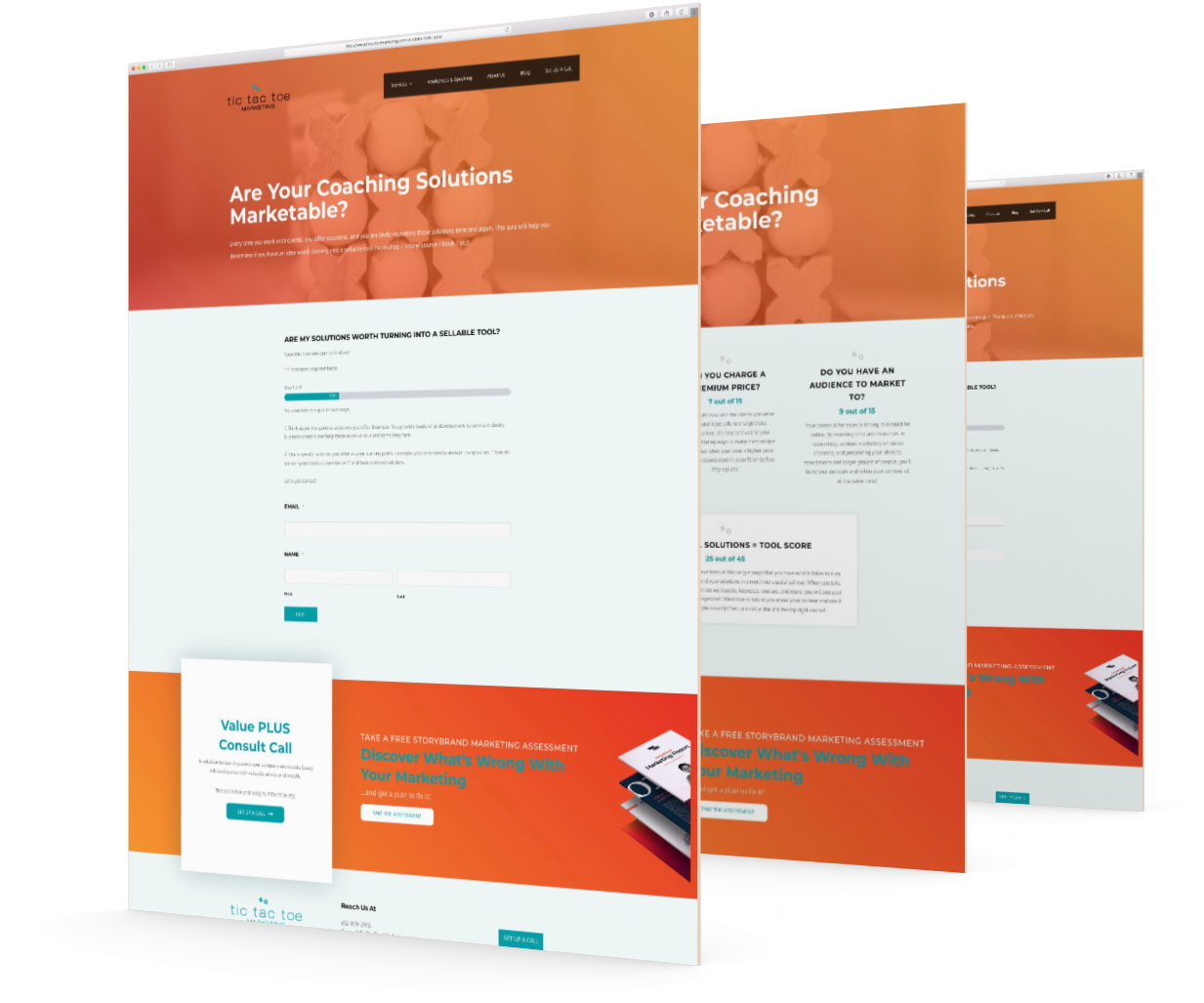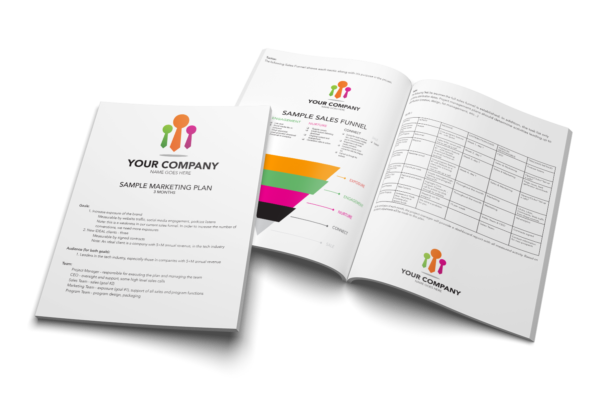At the core of effective coaching lies a wide array of coaching tools. These tools serve as guiding principles, frameworks, and techniques that facilitate the coaching process and empower clients to make meaningful changes in their lives.
In this article, we will explore the definition, importance, and characteristics of coaching resources. Additionally, we will delve into different types of coaching tools, popular techniques, the integration of technology, and the measurement of their effectiveness.
Definition of Coaching Tools
The best coaches have an arsenal of tools at their disposal. These tools encompass a range of resources, exercises, and methodologies utilized by coaches to support their clients’ growth and progress. These tools can take various forms, such as assessments, worksheets, models, questionnaires, and activities. Their primary purpose is to enhance self-awareness, promote goal-setting, encourage self-reflection, facilitate decision-making, and stimulate action.
Whether you are a life coach, business coach, executive coach, leadership coach, wellness coach, or any other type of coach, your coaching business is likely to use and need frameworks, worksheets, guides, and more to help you guide your clients. These powerful tools can offer perspective, open up a mindset, and encourage positive psychology.
Importance of Coaching Tools
Coaching tools play a vital role in the coaching process, providing structure, clarity, and focus. They offer several benefits to both coaches and their clients:
- Enhanced Clarity: These tools assist clients in gaining a deeper understanding of their values, strengths, and areas for improvement. They help clients clarify their goals and identify the steps required to achieve them.
- Self-Reflection: By engaging with coaching guides and journals, clients can reflect on their thoughts, emotions, and behaviors, fostering a greater sense of self-awareness and self-confidence. This introspection helps clients identify patterns, barriers, and opportunities for growth.
- Accountability: Framework for coaching clients to track their progress, set milestones, and hold themselves accountable for taking action towards their goals. This accountability increases motivation and commitment.
- Exploration: The right resources also encourage clients to explore different perspectives, possibilities, and strategies. They expand clients’ thinking, enabling them to generate new ideas and solutions to challenges.
Characteristics of Effective Coaching Tools
The right tools for clients possess certain characteristics that contribute to their efficacy and impact:
- Relevance: Successful coaching tools are tailored to address specific coaching objectives and cater to individual client needs. They are designed to resonate with clients and align with their aspirations.
- Simplicity: The simplicity of coaching tools is paramount. Tools should be easy to understand and use, ensuring accessibility for clients without overwhelming them with complexity. Some of the best coaching tools are a short set of simple questions that guide the client’s thinking. It doesn’t need to be complex or require an advanced degree to explain and understand. Get to the heart of the intent of the tool quickly and easily.
- Action-Oriented: Effective coaching tools inspire clients to take action and implement change. They provide practical steps and action plans that clients can readily apply in their lives.
- Adaptability: Versatility is a key characteristic of coaching tools. They should be adaptable to different coaching contexts, client preferences, and varying stages of the coaching journey.
Types of Coaching Tools
Coaching tools can be categorized into different types based on their specific purposes:
Assessment and Evaluation Tools
These tools assist clients in gaining self-awareness by assessing their strengths, values, personality traits, and areas for development. Examples include personality tests include, 360-degree feedback and strengths assessments. This type of tool helps guide the need for personal growth.
Goal-setting Tools
Goal-setting tools help the right people clarify their objectives, break them down into actionable steps, and establish a timeline for achievement. The GROW model (Goal, Reality, Options, Will) is a popular coaching tool used for goal-setting. Goal-setting tools also help clients to recognize when certain goals either align or don’t align with their core values and areas of passion.
Time Management and Productivity Tools
These tools aid clients in managing their time effectively, prioritizing tasks, and enhancing productivity. Specific tools like Pomodoro Technique and Eisenhower Matrix are commonly used in a coaching practice to improve time management skills.
Communication and Listening Tools
Effective communication is essential for coaching success. A good coach will use tools such as active listening techniques, effective questioning frameworks, and communication style assessments to develop better interpersonal skills.
Emotional Intelligence and Self-awareness Tools
These tools promote emotional intelligence and self-awareness, allowing clients to understand and manage their emotions effectively. The Inner Critic tool and emotion tracking exercises are examples of tools in this category.
Popular Coaching Tools and Techniques
Several coaching tools and techniques have gained recognition for their effectiveness in supporting personal growth. These are must-have tools for a great coach.
The GROW Model for Goal-setting

The GROW model provides a structured framework for clients to define their goals, assess the current reality, explore available options, and develop a plan of action.
The Wheel of Life for Work-life Balance

The Wheel of Life tool allows clients to assess and balance different areas of their lives, such as career, relationships, health, and personal growth. You will definitely find this tool or one like it in a Life coaching business.
SWOT Analysis for Personal Development

SWOT analysis helps clients identify their strengths, weaknesses, opportunities, and threats, enabling them to leverage their strengths and address areas of improvement. For business coaches and consultants, a SWOT Analysis is a must in assessing a company’s business model.
Active Listening Techniques for Effective Communication

Active listening techniques, such as paraphrasing, summarizing, and empathetic listening, enhance understanding, foster rapport, and promote effective communication.
Coaching Toolkits that We Love
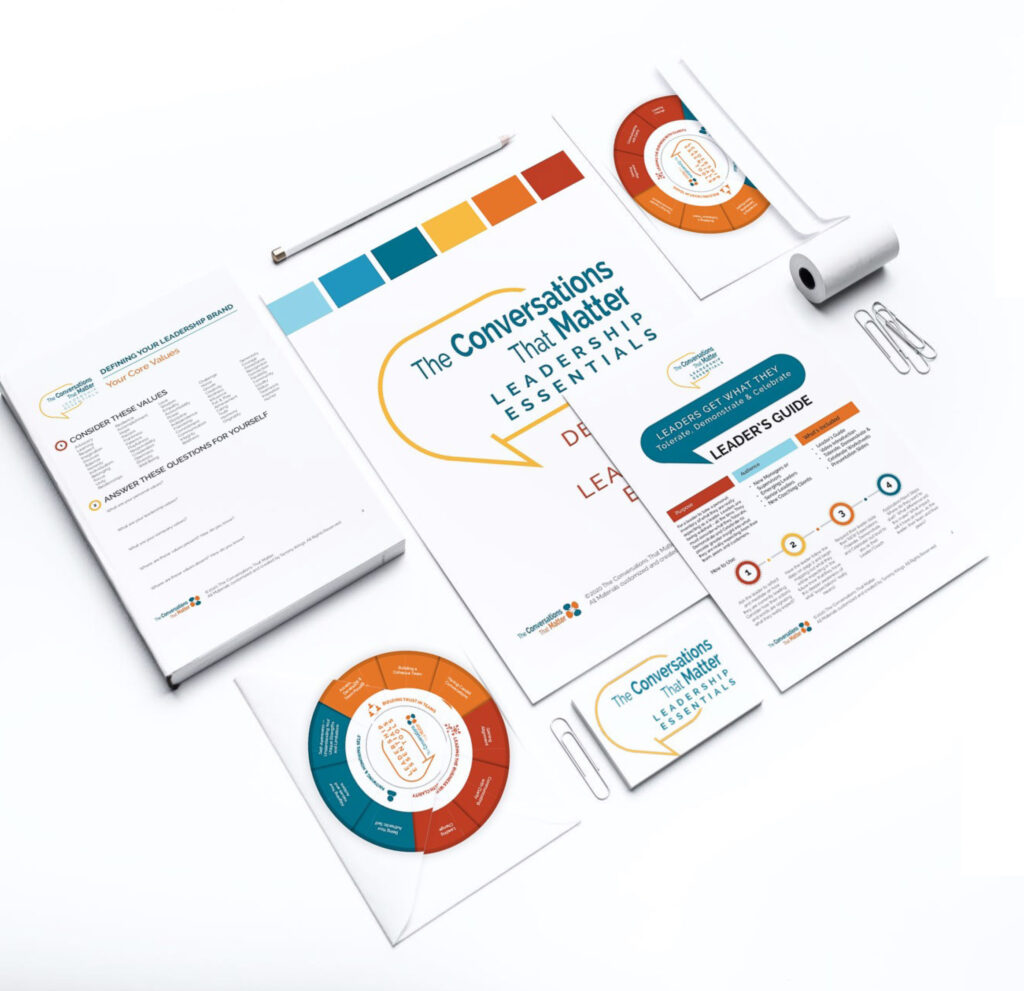
Leadership Essentials Toolkit – this is a set of tools that we helped to create and love! It is great for HR leaders who want to guide conversations and help team members grow leadership skills.
Creating Your Own Coaching Tools
Inspiration or Imitation – What’s Fair Game in Using Others’ Work?
It has been said that there is nothing new under the sun. Modern-day tools for coaches or consultants are born from past work and built upon in each iteration.
As coaches, we are often worried that we are stealing someone else’s work, and we certainly need to be careful of that. But, there is a ton of space to build upon and adapt what we already know. Perhaps you work from a tool that you love. Great. Keep doing that. But, as you do that pay attention to the points of it you don’t align with. Keep notes on the things you wish it included. You’ll start to see that you have a unique viewpoint that is different from the current tool. Could you make it your own by using the parts that you align with and adding your own elements?
Questions to Guide the Ethical Use of Others’ Work in Creating Your Coaching Tools

Here’s a simple check to make sure you are staying in an ethical space. When you are creating your coaching and consulting frameworks, ask yourself:
- Is it legal? Are you breaking any IP laws by doing this?
- Is it in line with your values and principles? Does this decision or action align with your personal and professional values and principles?
- Would you be comfortable with this decision or action being made public? Would you be willing to defend your actions if they were scrutinized by others?
- Have you sought out expert opinions or advice? Have you consulted with experts or sought out advice from trusted colleagues or mentors to ensure that your decision or action is ethical? It’s important to respect the rights of IP owners and to use IP in a legal and ethical manner. If you’re unsure about whether your use of IP is legal or ethical, it’s a good idea to consult with a lawyer or an expert in IP law.
Remember that ethics is a complex and subjective topic, and there may not always be a clear-cut answer. It’s important to approach ethical questions with an open mind, without emotions, a willingness to listen and learn, and a commitment to doing what’s right for all parties involved. The desired outcome is a clear conscious, and intentional path forward.
